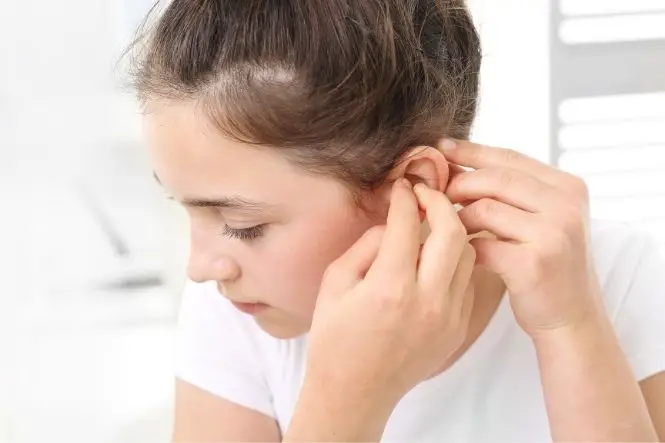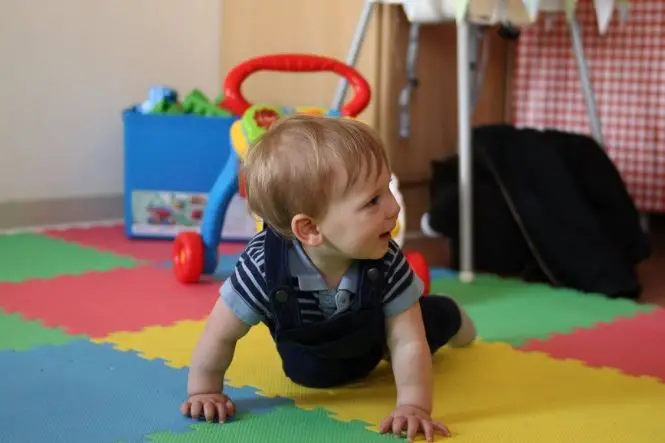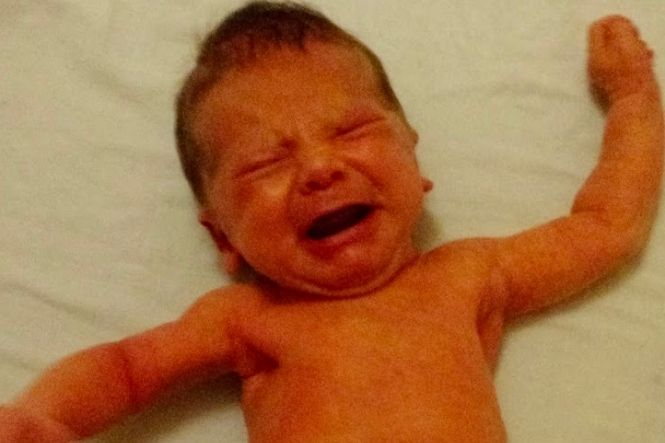Children who have difficulty hearing can be at a distinct disadvantage, developmentally, from their peers. For this reason, it is important to get a diagnosis on any suspected hearing loss so that it can be corrected, if possible. In cases where hearing loss is irreversible, a child can be taught a variety of techniques that will allow for healthy learning and socialisation.
Table of Contents
Signs that your Child is Having Trouble Hearing
Although signs of hearing impairment vary based on age and developmental stage, the symptoms of hearing loss are apparent even in infants, if you know what to look for. The following are what your child should be doing at various ages. If you fail to see these behaviours in your child, seek the advice of your GP.
Newborn–2 months: Your baby should exhibit a ‘startle reflex’ when in the presence of a sudden loud noise.2–4 months: Your baby should look toward the source of a sound.4–12 months : By the second half of the first year, your baby should begin to make babbling noises and respond to familiar voices.12–18 months: At this stage, your baby should begin to imitate simple sounds.18–24 months: By the time that a child celebrates their second birthday, they should have a small vocabulary of words and be able to take simple direction.2–4 years: Your child’s vocabulary should be increasing rapidly, and speech should become clear, even to those not familiar with the child.Older kids: Child should respond to verbal commands, even when out of your sightline. Also, kids should be able to pronounce words correctly as they mature. If your school aged child turns up the volume on the television or talks loudly, they may be having trouble hearing. Academic difficulty, especially if your child seems to be daydreaming in class, may indicate that they are having difficulty hearing the teacher.
Causes of Hearing Impairment
Hearing loss can be categorised as either temporary or permanent. Temporary hearing loss is usually remedied fairly easily. Some situations that may cause temporary hearing loss include, middle ear infection (otis media), wax build up, excess mucus in the Eustachian tube, typically associated with a common cold, or the presence of a foreign object in the ear canal. It is not uncommon for kids to put things into their ears (and noses!), so if your child is experiencing sudden hearing loss or a diminishing ability to hear well, make an appointment with your GP.
Permanent hearing loss can stem from a variety of causes, including genetic disorders such as osteogenesis imperfecta and Trisomy 13S. Additionally, children who are exposed to certain diseases while in utero, including rubella (German measles), may have permanent hearing loss. Mumps and meningitis can be to blame, as can injuries and exposure to loud noises, such as firecrackers. People often underestimate the potential damage of loud noises – blaring personal stereos and loud concerts are responsible for many cases of permanent hearing loss.
Diagnosis of Hearing Problems
While the most common indicators of hearing loss in babies and very young children are often noticed by the simple observation of parents and doctors, there are two commonly used tests to diagnose hearing loss in older kids. The first method uses an audiometer, which emits a series of sounds at varying tones and volumes. The technician can then get a good idea of the child’s hearing abilities. The second method involves auditory brainstream response testing, which measures brain activity in response to sound stimuli.
Treatment of Hearing Problems
Treatment for hearing loss varies, based on the cause and severity of the problem. Some commonly used treatments include antibiotics to clear up infection, removal of wax or foreign objects, hearing aids, vibrotactile aids (which translate sounds into vibrations that are felt through the skin), and cochlear implants, which are most effective when used early in life. Additionally, speech therapy is important for kids who experience any type of permanent hearing loss to help them to maximise their communication skills.






